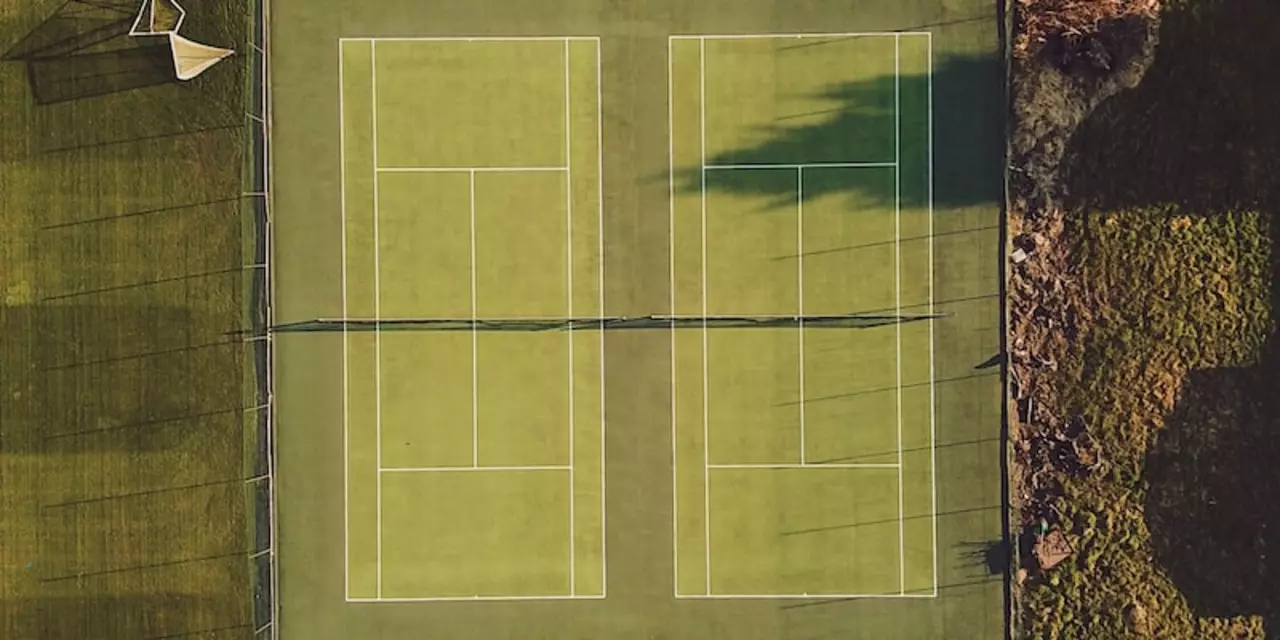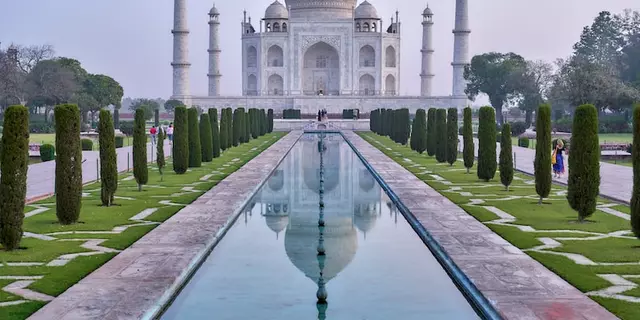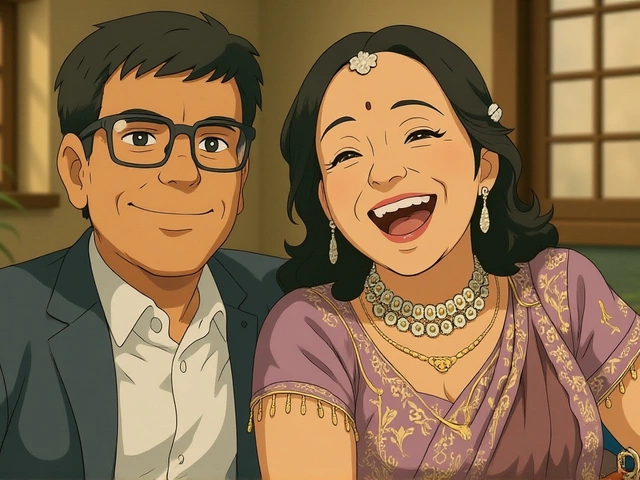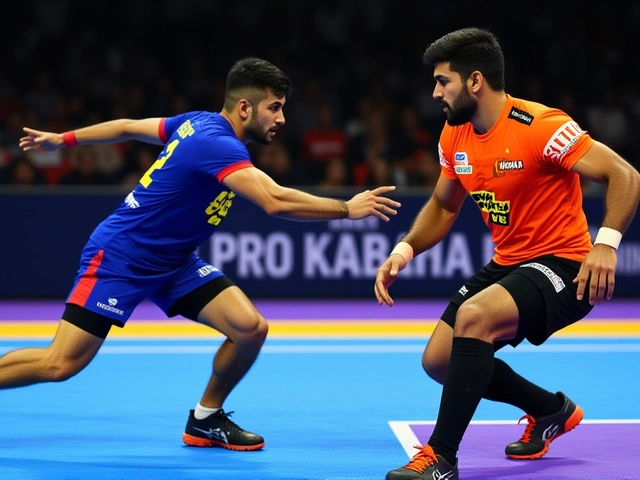Examining the Role of the Former J&K Interlocutor in the Supreme Court
Recently, the top court of India has been hearing a petition filed by the former J&K interlocutor, Dineshwar Sharma, along with other prominent members of the society. The petition focuses on the need to establish a ‘peace initiative’ which would bring an end to the long-standing, and often violent, conflict between India and Pakistan over the control of the state of Jammu and Kashmir.
The petition was filed in a bid to encourage the two countries to come to the negotiating table and to provide an opportunity for the people of Jammu and Kashmir to have their voices heard. The former J&K interlocutor, Dineshwar Sharma, is a highly respected figure in the state and has been leading the efforts to bring about an end to the conflict between India and Pakistan.
The petition has been met with mixed reactions, with some people arguing that the Supreme Court should not intervene in the conflict and that the issue should be left to the governments of India and Pakistan. Others believe that the court should play a role in helping to bring about a resolution to the conflict.
The former J&K interlocutor, Dineshwar Sharma, has argued that the Supreme Court should take a more active role in the conflict resolution process. He believes that the court should use its power and influence to help the two countries come to an agreement. Sharma believes that the court could play a vital role in facilitating the peace process and that it could be instrumental in helping to bring about a lasting solution to the conflict.
The petition has been heard by the top court of India and the court has yet to make a decision on the matter. However, the former J&K interlocutor, Dineshwar Sharma, and other prominent members of the society have made their case for the court to intervene in the conflict and for it to help bring about a peaceful resolution to the conflict.
The Supreme Court of India is yet to make a ruling on the matter and it remains to be seen whether the court will intervene in the conflict or not. Nevertheless, the petition filed by the former J&K interlocutor and other prominent members of the society has highlighted the need for the court to take a more active role in the conflict resolution process.
Understanding the Need for Former J&K Interlocutor to Go to the Supreme Court
Former Jammu & Kashmir interlocutor and four other activists have approached the Supreme Court of India to challenge the detention of former Chief Minister and other political leaders in the state. This move has been seen as a sign of support for the political prisoners who have been held in detention since the abrogation of Article 370 of the Indian Constitution in August 2019.
The detention of the politicians has been a matter of concern for many civil rights activists in India. The petitioners, who include former interlocutor Dineshwar Sharma, have argued that the detention of the political leaders and other activists is against the basic principles of democracy. They have argued that the government's move to suspend the fundamental rights of the citizens of Jammu & Kashmir is unconstitutional and that the government should release the political prisoners immediately.
The petitioners have argued that the government's move to suspend the fundamental rights of the citizens of Jammu & Kashmir is unconstitutional and that the government should release the political prisoners immediately. They have further argued that the indefinite detention of the political leaders violates the right to life and liberty as enshrined in the Indian Constitution.
The petitioners have also argued that the government's decision to suspend the Internet services in the state has violated the right to freedom of speech and expression. The petitioners have argued that the government's move to impose restrictions on the media and prevent the publication of news from the state is a violation of the freedom of the press.
The petitioners have also argued that the government has failed to provide any justification for the indefinite detention of the political leaders in the state. They have argued that the indefinite detention of the political leaders is a violation of the right to life and liberty as enshrined in the Indian Constitution. They have also argued that the government's move to suspend the Internet services in the state has violated the right to freedom of speech and expression.
The petitioners have argued that the government's move to impose restrictions on the media and prevent the publication of news from the state is a violation of the freedom of the press. They have also argued that the indefinite detention of the political leaders is a violation of the right to life and liberty as enshrined in the Indian Constitution.
The petitioners have argued that the government's move to impose restrictions on the media and prevent the publication of news from the state is a violation of the freedom of the press. They have also argued that the indefinite detention of the political leaders is a violation of the right to life and liberty as enshrined in the Indian Constitution. The petitioners have also argued that the indefinite detention of the political leaders is a violation of the right to life and liberty as enshrined in the Indian Constitution.
The petitioners have asked the Supreme Court to direct the government to immediately release the political leaders and other activists who have been held in indefinite detention since the abrogation of Article 370 of the Indian Constitution in August 2019. The petitioners have also asked the Supreme Court to direct the government to ensure that the fundamental rights of the citizens of Jammu & Kashmir are not infringed upon and that the right to freedom of speech and expression are upheld.
The petitioners have argued that the indefinite detention of the political leaders and other activists is a violation of the right to life and liberty as enshrined in the Indian Constitution. They have also argued that the government's move to suspend the Internet services in the state has violated the right to freedom of speech and expression. They have also asked the Supreme Court to direct the government to ensure that the fundamental rights of the citizens of Jammu & Kashmir are not infringed upon and that the right to freedom of speech and expression are upheld.






Write a comment